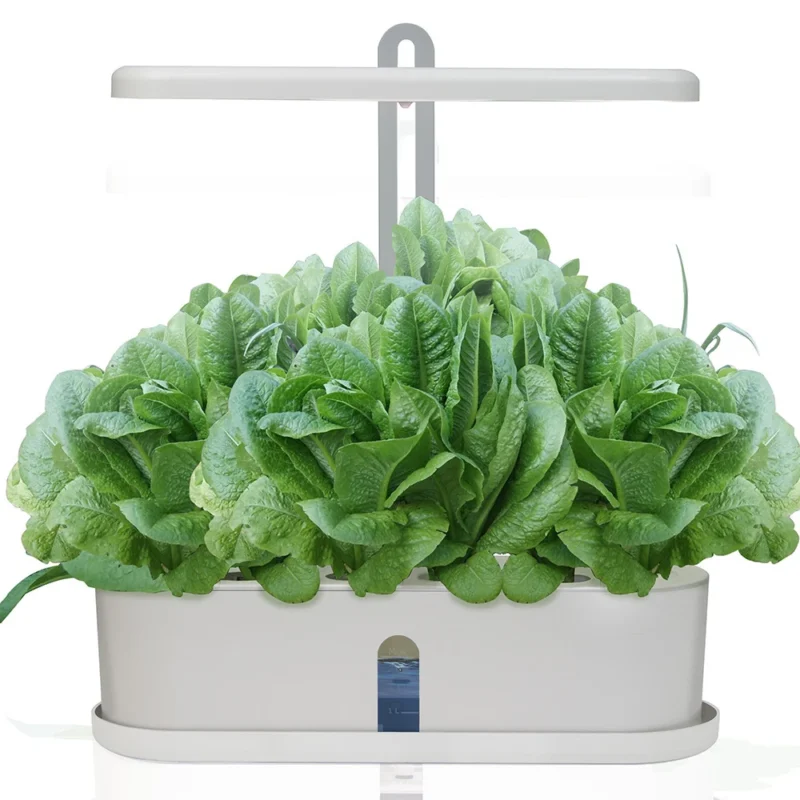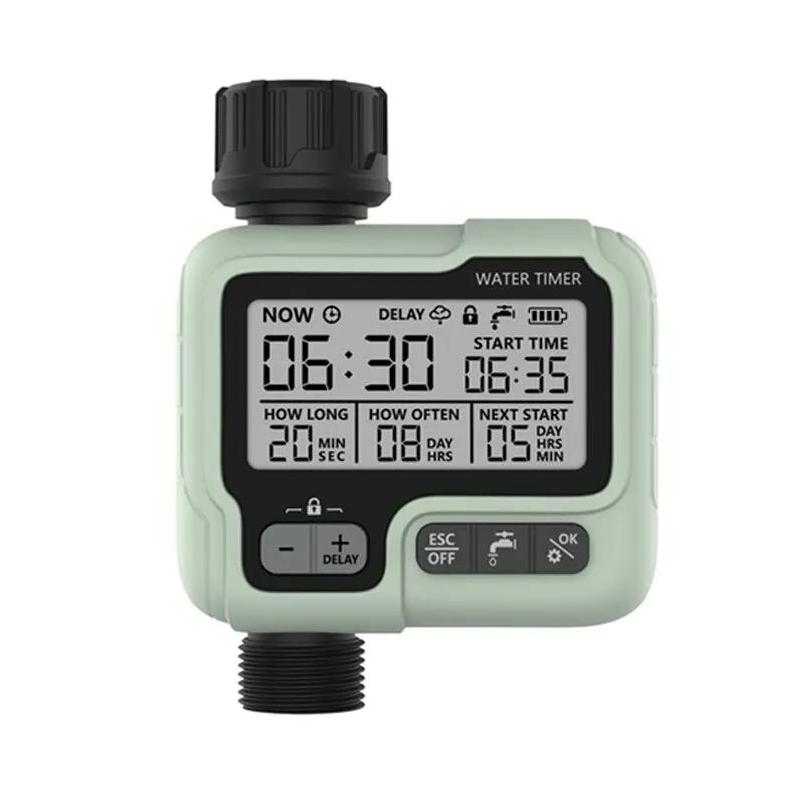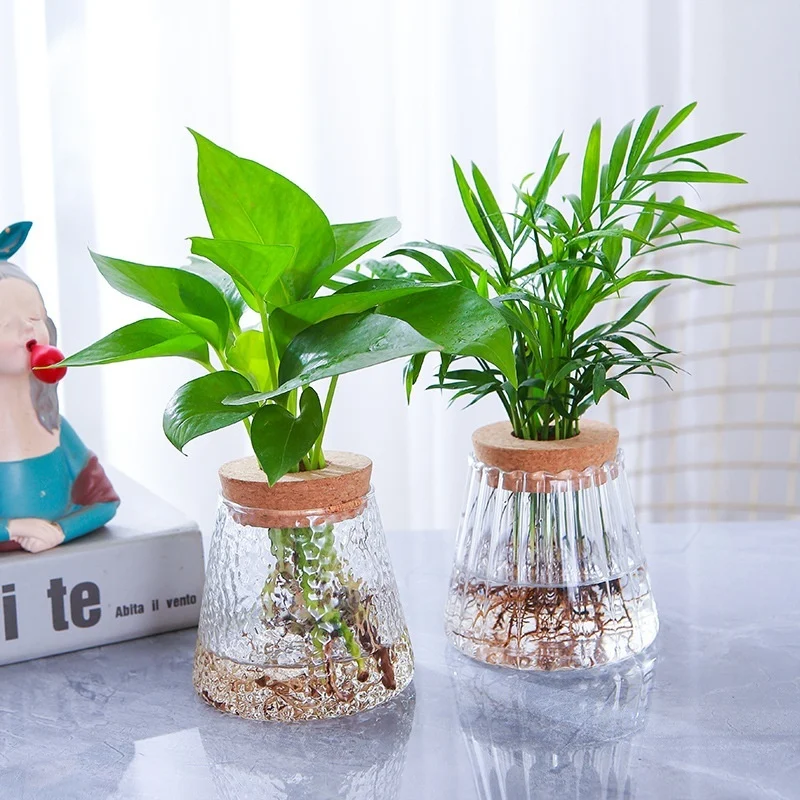Hydroponic garden troubleshooting is crucial for success in soil-less cultivation. While hydroponics offers high-yield potential, beginners often face setbacks that can decimate crops. This guide outlines critical errors to avoid, common pest and disease issues, and strategies to prevent infestations, maximizing your hydroponic system’s efficiency and output.
1. Nutrient Management Mishaps:
Maintaining a proper nutrient balance is paramount in hydroponics. An imbalance, either a surplus or deficiency, can significantly impact plant health and yield. Unlike soil-based gardens where nutrients are buffered, hydroponic systems require close monitoring and adjustments to the nutrient solution to ensure plants receive the optimal amount of each element 2: https://hgshydro.com/blog-details/hydroponic-gardening-common-mistakes-and-how-to-avoid-them. Investing in a pH meter and a reliable nutrient testing kit will be invaluable assets in maintaining a healthy nutrient balance for your plants.
2. Insufficient Illumination:
Unlike their soil-bound counterparts, hydroponic plants rely solely on artificial lighting for photosynthesis. Providing the correct amount and spectrum of light is essential for healthy growth. Research the specific light requirements of the plants you choose to cultivate and select appropriate light fixtures. Seedlings generally require less intense light compared to mature plants. LEDs (light-emitting diodes) are a popular choice for hydroponic gardens due to their energy efficiency and customizable spectrums 3: https://www.nosoilsolutions.com/common-mistakes-beginners-hydroponic-gardening/.

3. Environmental Fluctuations:
Plants thrive in stable environments. Sudden changes in temperature or light levels can stress your hydroponic plants, potentially leading to stunted growth or disease outbreaks 4: https://blog.growlink.com/common-mistakes-when-setting-up-hydroponics. Aim for consistent temperatures within the optimal range for your chosen plants and maintain consistent light cycles throughout the day and night. Monitor your hydroponic system and adjust as needed to create a stable plant environment.
4. Neglecting pH Levels:
The pH level of your nutrient solution directly influences its effectiveness. The pH level determines how readily nutrients are available for plant uptake. Maintaining the optimal pH level for your specific plants is crucial for optimal growth. Use a pH meter to regularly check the pH of your nutrient solution and adjust it using pH up or down solutions as required to maintain the proper range 5: https://canadagrowsupplies.com/blogs/main/top-10-common-mistakes-made-in-hydroponics-garden.
5. Overlooking Oxygenation:
Adequate oxygen availability in the root zone is vital for healthy plant growth in hydroponics. Without sufficient oxygen, roots can become waterlogged and susceptible to root rot. The specific method of oxygenation will vary depending on your hydroponic system. Still, some common techniques include air pumps and airstones, which actively bubble oxygen into the nutrient solution, and ebb and flow systems, which periodically expose the roots to air 5: https://canadagrowsupplies.com/blogs/main/top-10-common-mistakes-made-in-hydroponics-garden.
Common Pests and Diseases in Hydroponic Gardening Systems:
While a controlled environment offers some advantages, hydroponic gardens are not entirely immune to pests and diseases. Here’s a look at some of the most common culprits:
-

Automatic Watering Pump Controller: HCT-322 Digital Irrigation Timer
$44.96SEE OPTIONS This product has multiple variants. The options may be chosen on the product page -

Hydroponic Glass Vase Transparent Desktop Display
$27.20SEE OPTIONS This product has multiple variants. The options may be chosen on the product page
1. Spider Mites and Thrips:
These tiny pests can wreak havoc on your hydroponic plants if left unchecked. Spider mites are sap-sucking insects that can cause leaves to turn yellow and drop. Thrips also feed on plant sap and leave behind silvery markings on leaves. Early detection and intervention are crucial for controlling these pests. Insecticidal soap sprays or neem oil, a natural pesticide, can be effective options 1: https://www.advancednutrients.com/articles/hydroponics-plants-pests-and-diseases/.
2. Aphids and Whiteflies:
These notorious pests are unwelcome guests in any garden, and hydroponics are no exception. Aphids and whiteflies feed on plant sap, stunting growth and potentially transmitting diseases between plants. Regular monitoring and prompt action are essential for managing these pests. Insecticidal soap sprays, neem oil, or

…introduced predators like ladybugs or lacewings can be effective biological control methods 3: https://foodgardening.mequoda.com/daily/indoor-gardening/how-to-avoid-hydroponic-pests-and-diseases/.
3. Fungus Gnats:
These gnat-like insects target moist environments, and their larvae can damage plant roots. While fungus gnats themselves are not typically harmful to plants, they can create openings for pathogens. Managing moisture levels and using mosquito dunks in your reservoir can help control fungus gnats 4: https://www.nosoilsolutions.com/5-most-common-indoor-hydroponic-garden-pests/.
Preventing Aphid Infestations in Hydroponics:
Aphids can be a particularly bothersome pest in hydroponic gardens. Here are some strategies to keep them at bay:
1. Introduce Beneficial Allies:
As mentioned earlier, natural predators like ladybugs and lacewings can help control aphid populations. These beneficial insects feed on aphids, helping to maintain a natural balance in your hydroponic environment 1: https://benchmarkhydroponics.com.au/blog/post/how-to-combat-aphids-in-indoor-hydroponics.
2. Utilize the Power of Neem Oil:
Neem oil, a natural pesticide derived from the neem tree, is a safe and effective option for controlling aphids in your hydroponic garden. Mix neem oil with water according to the manufacturer’s instructions and apply it as a foliar spray to coat the leaves of your plants. Neem oil disrupts the aphids’ feeding and reproductive cycles 2: https://www.nosoilsolutions.com/how-to-rid-aphids-indoor-hydroponic-garden/.
3. Leverage the Impact of Pyrethrin Spray:
For a quicker solution against aphids, pyrethrin spray can be a potent option. This insecticide derived from chrysanthemums acts on contact, eliminating aphids rapidly. A significant advantage of pyrethrin spray is that it breaks down quickly, minimizing the risk of residue on your plants 3: https://thehotpepper.com/threads/aphid-control-hydroponics-flower.38525/.
4. Maintain a Meticulous System:
Regular cleaning and inspection of your hydroponic system are crucial for preventing aphid infestations. Remove any dead leaves or plant debris that could harbor pests. Monitor your plants closely for signs of aphids, such as yellowing leaves or sticky sap. Early detection and intervention will make it easier to control an aphid outbreak before it spreads 5: https://foodgardening.mequoda.com/daily/indoor-gardening/how-to-avoid-hydroponic-pests-and-diseases/.

By following these steps and remaining vigilant, you can create a thriving hydroponic garden teeming with healthy plants and free from the unwelcome presence of aphids.
Conclusion: Cultivating Success Hydroponic Gardening for Beginners
Hydroponics offers a unique and rewarding approach to gardening, enabling you to cultivate vibrant plants in a water-based system. However, navigating this method presents its own set of challenges. By understanding and avoiding common mistakes like nutrient mismanagement, inadequate lighting, and fluctuating environmental conditions, you can set your hydroponic garden up to flourish. Furthermore, recognizing and addressing potential pests and diseases, such as aphids, thrips, and fungus gnats, is essential for maintaining a healthy and productive ecosystem.
Beyond the practical benefits of a thriving hydroponic garden, grasping these core principles offers valuable broader knowledge applicable to plant growth in general. Understanding nutrient needs, the influence of light, and the importance of stable environments translate well to traditional soil-based gardening. This knowledge empowers you to cultivate healthy plants both indoors and outdoors, fostering a deeper understanding of plant physiology and its dependence on these vital elements.
Moreover, hydroponics allows for experimentation with a wider variety of plants, including those that may not thrive in your local soil conditions. For instance, imagine cultivating fresh herbs year-round in your kitchen or nurturing exotic tropical plants that wouldn’t survive outdoors in your climate. Hydroponics opens doors to diverse gardening possibilities.
By embracing the challenges and rewards of hydroponics, you’ll not only enjoy a flourishing indoor garden but also gain valuable knowledge applicable to a broader range of plant life. With a little planning, proactive maintenance, and an understanding of the key principles outlined above, you can transform your hydroponic haven into a reality. Remember, consistent monitoring, adjustments as needed, and a meticulous approach will pave the way for a thriving and productive hydroponic experience. Happy growing!
Sources:
- National Gardening Association: https://garden.org/ provides a wealth of information on all aspects of gardening, including hydroponics.
- The International Hydroponics Association: [invalid URL removed] offers resources and educational materials specifically geared toward hydroponic cultivation.
FAQ
What are the most common mistakes made by beginners in hydroponic gardening?
Some of the most common mistakes made by beginners in hydroponic gardening include: Ignoring pH levels in the nutrient solution
Using the wrong or inadequate lighting124
Selecting the wrong growing medium for the plants4
Failing to manage nutrient levels properly
Overcrowding plants in the growing system14
Not maintaining proper ventilation and air circulation4
Why is monitoring the pH level so important in a hydroponic system?
Maintaining the proper pH level in the nutrient solution is critical for hydroponic gardening, as it affects the plant’s ability to absorb essential nutrients.1 An imbalanced pH can lead to nutrient deficiencies and ultimately cause plant health issues or even death. Regularly testing and adjusting the pH is one of the most important tasks for a successful hydroponic garden.
How can improper lighting impact a hydroponic garden?
Providing the right amount and type of lighting is crucial for the growth and development of plants in a hydroponic system.124 Using too little light or the wrong spectrum of light can result in stunted growth, poor yields, and unhealthy plants. Carefully researching the lighting needs of the specific crops being grown is essential to avoid this common mistake.
What are the consequences of using the wrong growing medium in a hydroponic system?
The growing medium plays a vital role in a hydroponic garden, as it supports the plant roots and helps deliver nutrients and water.4 Using an unsuitable medium can lead to poor root development, nutrient imbalances, and overall plant health issues. Selecting the appropriate medium based on the hydroponic system and plant requirements is crucial to avoid this mistake.
How can overwatering or underwatering impact a hydroponic garden?
Maintaining the proper water and nutrient levels in a hydroponic system is critical.4 Overwatering can lead to root rot and other problems, while underwatering can cause plants to wilt and suffer. Regularly monitoring the water level and adjusting the nutrient solution as needed is essential to avoid these issues and ensure the health of the plants.